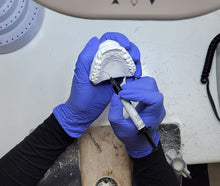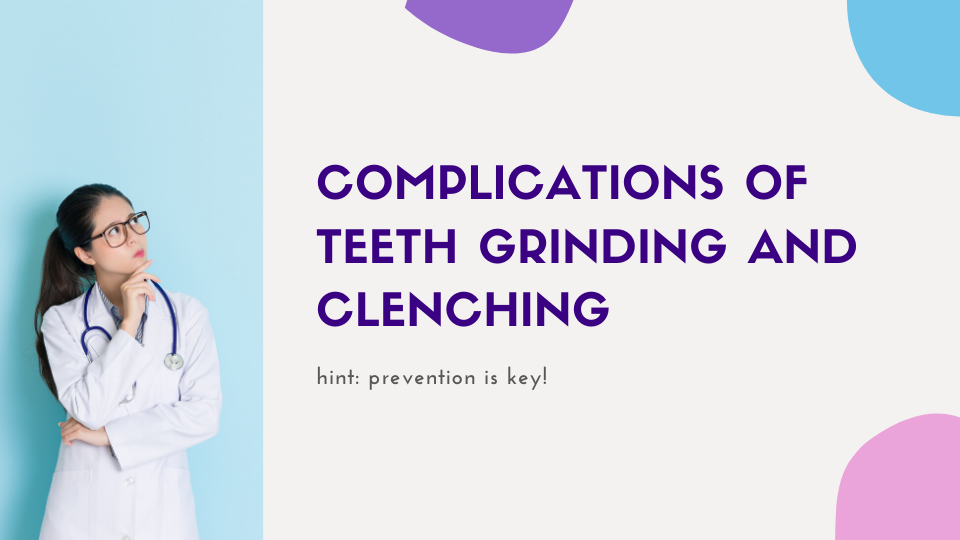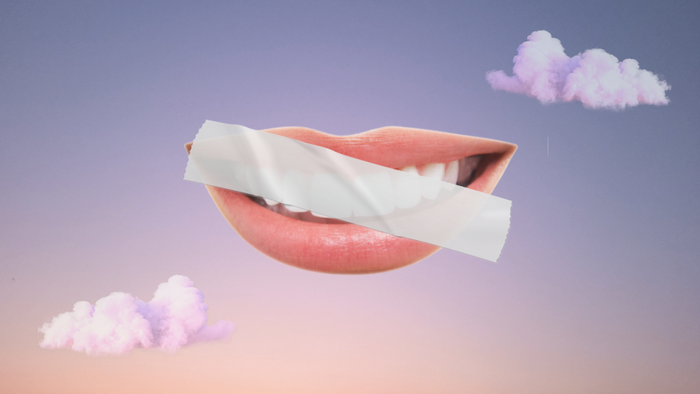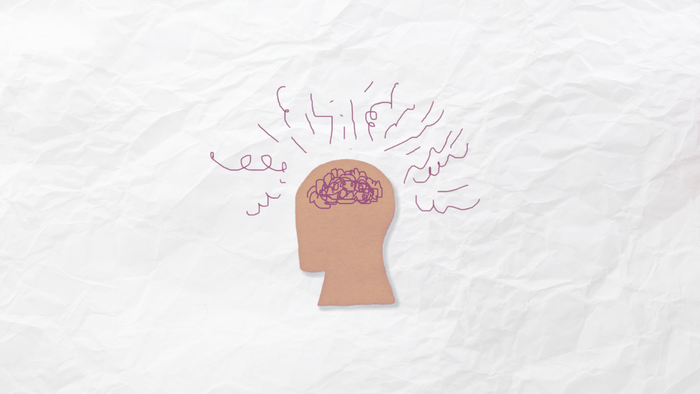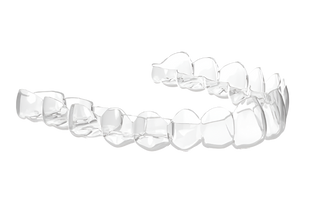Believe it or not, there are millions of people who find themselves subconsciously grinding and clenching their teeth while they sleep. In fact, recent studies reveal that up to 15% of the population grinds their teeth. That’s about 50 million people. So if you find yourself doing the same, you are definitely not alone!
This process, known as bruxism, can lead to complications if it isn’t correctly addressed. However, it’s often confusing why this happens, and what to do about it.
Not sure where to start? Don’t worry, we’ve got you covered.
Let’s take a look at everything you need to know.
Why Do You Grind or Clench Your Teeth?
Medical professionals often debate the exact cause of bruxism; however, most studies suggest that it stems from psychological, physical, and even genetic factors.
Based on current research, experiencing high amounts of stress and anxiety is the most common factor associated with grinding and clenching teeth at night. It has been found that as many as 70% of cases of bruxism are related to stress and anxiety.
And with all of the pressures and stress that we face in today’s world, it’s no wonder this problem is so prevalent.
What Are the Symptoms?
During the early stages, you may not have any symptoms at all. As you can imagine, this can make it difficult to be aware that you’ve been grinding your teeth while you sleep.
Some of the earlier signs are waking up with jaw tightness or pain, or experiencing headaches.
Another major sign is damage to your teeth. This type of damage could include chips, cracks, or a general wearing down of the outer surfaces of your teeth.
This can be tricky to notice - at times, you might simply be experiencing general teeth sensitivity without realizing it’s being caused by your grinding or clenching. Some people don’t realize their teeth are becoming worn down or damaged until a dentist tells them.
Many people also find out they’ve been grinding or clenching their teeth in their sleep because their partner may hear it or be woken up in the night.
What Happens If I Don’t Treat My Grinding and Clenching?
Though it may be tempting to put off addressing your bruxism, especially if it’s in the early stages, neglecting to take action runs the risk of negative effects.
One of the most obvious is requiring dental work to manage complications related to tooth damage. Even just a few nights of heavy teeth grinding can result in some loss of enamel.
This will also make the affected areas more susceptible to cavities and cold sensitivity. And in our opinion, anything that could get between you and your ice cream is worth preventing.
Untreated bruxism can also result in strain of the temporomandibular joint (TMJ) and surrounding muscles. These muscles are located directly underneath your ear and extend up toward your temple area.
The most common symptoms are discomfort and locking of the jaw joint, jaw tightness, and difficulty chewing. If severe enough, TMJ disorders may require therapy (and occasionally surgery) to remedy.
Food that requires significant chewing may also become difficult to eat when teeth are worn down by grinding.
Talking for extended periods may cause your jaw to fatigue, and this can especially be an obstacle for those with jobs that often require speech or presentation.
Additionally, bruxism can impact the quality of your sleep, causing it to be more difficult to fall into deep sleep. Studies have shown that those who grind their teeth report being more tired and less rested than those who don't.
It is also very common for those who grind and clench their teeth to develop headaches due to the amount of strain on the muscles and joints around the jaw. Many people report headaches or even migraines in the morning, but they can also occur at any time during the day.
Now, this may all seem like a lot of doom and gloom, but the reality is that you have the ability to avoid or mitigate these negative effects by taking action to treat your bruxism.
What Options Do I Have?
While there is not a known cure for teeth grinding and clenching, there are treatments and preventative steps you can take to help lessen the effects.
If you suspect that your bruxism is related to stress, it may be worthwhile to seek out stress relief strategies, or possibly get support from a therapist who can help you manage your anxiety.
In more severe cases, medical treatment may be recommended.
In recent years, botox has been used as a method of care for severe bruxism by relaxing the TMJ muscles. Although this treatment method is somewhat unconventional, it has shown some promising results for those who don’t respond to more conservative treatments.
Because it can be difficult to determine why you grind your teeth, treating the root cause of it can seem daunting.
Fortunately, though, one of the most effective preventive measures you can take is also one of the easiest to do -- using a night guard or mouth guard that’s meant to be worn while you sleep.
Using a Night Guard for Teeth Grinding and Clenching
Wearing a night guard while you sleep can help to not only eliminate symptoms like jaw pain and headaches, but also protect your teeth and stop damage in its tracks.
While it can take some getting used to, wearing a night guard is one of the fastest and easiest ways to combat bruxism.
There are over the counter options that are very cost effective, but may not be ideal because they aren’t custom made to fit your teeth. Lower quality mouth guards can disrupt your sleep or even cause further issues if they’re not appropriately fitted for your specific bite or dentition.
It’s ideal to use a night guard that’s been custom molded to your teeth specifically for you. This ensures maximum effectiveness and is a lot more comfortable since it’s adapted to the natural contours of your teeth.
Dentists are traditionally the most common providers of custom fitted night guards. However, dentists who provide night guards to their patients typically outsource their production to dental labs after a mold of the mouth is taken.
Luckily, you’re now also able to get a custom night guard online that’s the exact same quality as the dentist, but for a much lower price. This saves you both time and money while still getting your pearly whites the protection they need.
Preventing Grinding and Clenching Teeth in Your Sleep Can Seem Difficult
But it doesn’t have to be.
With the above information in mind, you’ll be well on your way toward banishing your bruxism and it’s negative effects.

